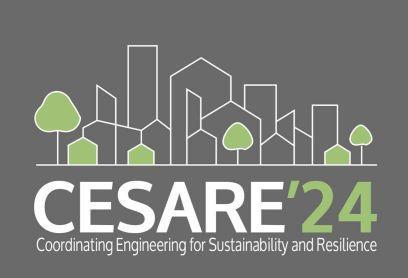Speaker
Description
The source of energy, which is the primary input of production, is an essential determinant of environmental degradation. Today, because environmental degradation has reached alarming levels, it has become necessary to take precautions on a global scale. Research is being carried out to investigate measures that will reduce CO2 emissions. This research investigated whether R&D investments and renewable energy can be used as an argument to reduce CO2 emissions. It was analyzed using panel cointegration and panel quantile methods using data from 16 OECD countries from 1996 to 2019. Annual Patents on Environmental Technologies, R&D Expenditures, Nuclear Energy Consumption, Renewable Energy Consumption, and GDP data were used in the analysis. According to the results of the Durbin-Hausman cointegration analysis, it shows that there is a long-term cointegration relationship between the variables. In addition, the Method of Moments Quantile Regression with Fixed Effects findings show that R&D expenditures are the most effective tool in reducing CO2 emissions. Then, it is seen that renewable energy consumption and the number of patents effectively reduce CO2, respectively. It has been demonstrated that GDP growth and nuclear energy consumption increase CO2 emissions. In line with these results, technological development, R&D expenditures on the environment, and renewable energy sources can be used as practical tools for policymakers to combat environmental degradation and reduce CO2 emissions.
| Topics | Environmental Impact of Circularity Strategies and Solutions |
|---|---|
| Keywords | Renewable energy consumption, nuclear energy, co2 emissions,R&D expenditures, Patent. |

